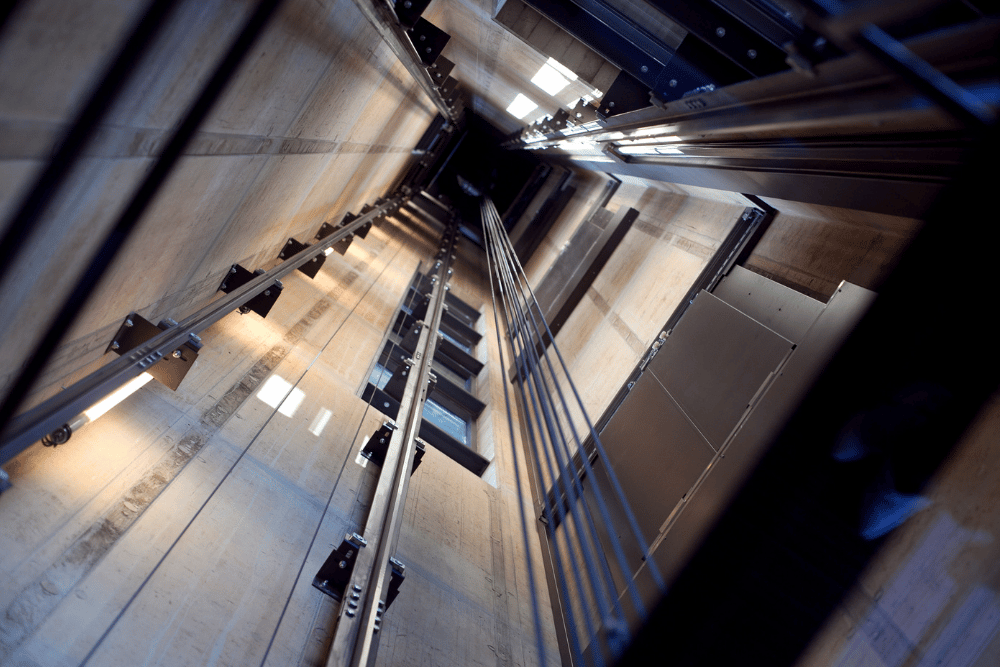Free Consultation
Free Consultation

Elevator accidents can cause some very serious injuries – including death. Many people like to think of them as an infrequent incident, but that’s not necessarily true. In fact, there have been some recent accidents involving elevators that have killed and seriously injured people.
In Mott Haven, an elevator in a historic building collapsed. It killed one construction worker and injured another. Such accidents aren’t isolated to one place. In North Carolina, accidents involving residential elevators, unregulated in the state, have pushed lawmakers to consider stricter codes. The question is, will New York follow suit?
Here’s what you need to know about the current way elevator regulations in New York and what to do if you’re involved in an accident involving elevator negligence.
In New York, the Department of Buildings is in charge of enforcing rules and regulations regarding elevators, including their maintenance, inspections, and reports.
The people generally responsible for elevators are building or property owners, landlords, construction site contractors, and building maintenance groups. They are required to adhere to the guidelines set by the law. If they don’t, they are liable for accidents that occur.
All elevators must be inspected twice per year by an inspection agency. These are not scheduled inspections but done spontaneously so that the true working order of the elevator can be evaluated.
The building needs to maintain an active contract for maintenance with an approved agency. These contracts must include a program based on the protocols of the specific elevator manufacturer. Detailed logs of maintenance must also be kept by building owners.
In residential buildings, residents are required to be given 10 days’ notice by law when maintenance work is to be performed on an elevator. The notice should specify the type of work being done, as well.
One of the most common violations of regulations for elevators in New York is the failure to maintain the elevator properly.
Lawsuits involving negligence related to elevators in New York can be quite complex, which is why it’s always in your best interest to seek the services of an experienced attorney. Different local and federal rules can apply to the case or multiple parties can be sued for your injuries, such as the elevator repair company and your landlord.
Damages often sought in these cases include:
To be successful in your case, there are certain elements that you must show in court. These include:
These factors will make your personal injury case valid, and they will help to make your lawsuit a successful one.
Nothing in life is without risk, including using an elevator. But accidents are sometimes due to the negligence of others, and they should be held accountable. If you have a case, you should pursue the compensation you’re entitled to.